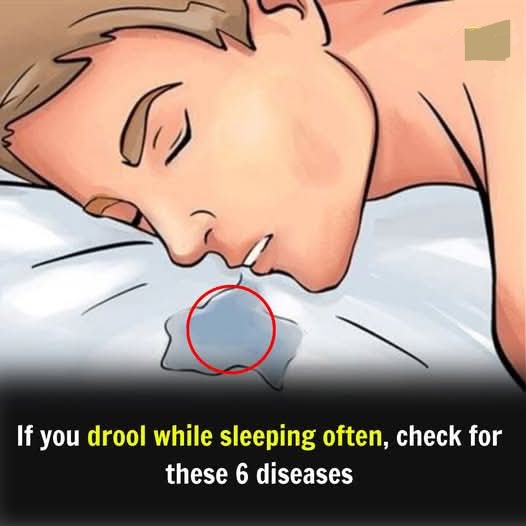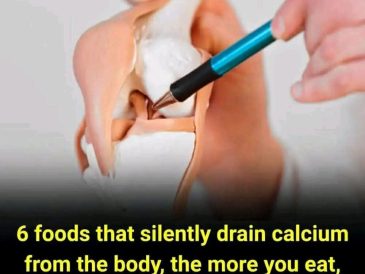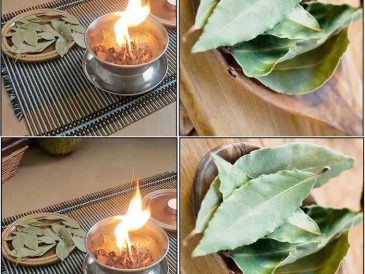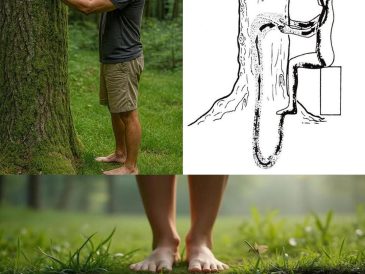💤 If You Drool While Sleeping Often, Check for These 6 Diseases
Waking up with a wet pillow in the morning can be embarrassing — but more importantly, frequent drooling during sleep may be a sign of something more serious. While many causes of drooling are harmless, when it becomes recurrent, severe, or is accompanied by other symptoms, it’s worthwhile to investigate possible medical issues.
Here are six diseases or conditions to consider if you often drool while asleep.
1. Neurological Disorders
When the nervous system is affected, control of facial muscles and swallowing reflexes can be compromised, making it harder to manage saliva, especially during sleep. Some specific neurological issues connected with drooling include:
- Parkinson’s disease — reduced muscle control, tremors, and difficulty swallowing can all contribute. (Cleveland Clinic)
- Stroke — damage to brain areas controlling swallowing can cause sialorrhea (excess saliva) and leakage during sleep. (Cleveland Clinic)
- Amyotrophic Lateral Sclerosis (ALS) — progressive weakening of muscles, including those for swallowing. (Sleep Foundation)
- Multiple Sclerosis (MS) and other neurodegenerative disorders. (Cleveland Clinic)
If drooling appears with things like slurred speech, muscle weakness, tremors, or issues with coordination or movement, it’s a red flag.
2. Gastroesophageal Reflux Disease (GERD)
GERD involves acid from the stomach flowing back up into the esophagus, irritating tissues. This irritation can lead to:
- Increased saliva production as the body attempts to neutralize acid. (Sleep Foundation)
- Discomfort in the throat, which might reduce the normal swallowing reflex, increasing the chance of drooling. (Sleep Foundation)
Symptoms that might accompany GERD-related drooling include heartburn, chest discomfort, sour taste in the mouth, especially at night.
3. Obstructive Sleep Apnea (OSA)
Sleep apnea is when breathing repeatedly stops during sleep, often because the airway is blocked. This can lead to:
- Mouth breathing (especially when nose breathing is blocked). An open mouth makes drooling more likely. (Sleep Foundation)
- Impaired swallowing reflexes in some cases. (Sleep Foundation)
Other OSA signs: loud snoring, gasping for air, waking up often, daytime sleepiness or fatigue. If you suspect OSA, it’s important to get evaluated.
4. Medications & Drug Side Effects
Some medications increase saliva production, interfere with the swallowing muscles, or relax facial muscles. Examples:
- Antipsychotic drugs (e.g., used for mental illness) can cause side effects like drooling. (Sleep Foundation)
- Drugs used in neurological conditions or for Alzheimer’s/dementia may reduce muscle control and swallowing. (Sleep Foundation)
If you started a new medication and noticed more drooling, this could be related — but do not stop medication without consulting your doctor.
5. Oral, Throat, or Sinus Infections / Obstructions
Inflammation or physical obstruction in the mouth, throat, or nasal passages can make drooling more likely. Possible causes:
- Sinus infections, severe colds, enlarged tonsils or adenoids, or blocked nasal passages. If your nose is congested, you tend to breathe through your mouth, which increases drooling. (Sleep Foundation)
- Oral / dental issues like gingivitis, loose teeth, ill-fitting dentures. These can hurt the ability to keep lips sealed or swallow properly. (Yohanpost)
- Throat infections (tonsillitis, pharyngitis) or less commonly, growths/tumors in oral or nasal areas. (punchng.com)
If drooling is new after infection, or with other symptoms like sore throat, pain when swallowing, swelling, it may need medical evaluation.
6. Facial Paralysis or Stroke-Related Muscle Weakness
When one side of your face has muscle weakness, or facial nerves are affected, saliva control may be compromised. Key points:
- Bell’s palsy or other forms of facial nerve paralysis can cause asymmetric drooling (drooling more from one side of the mouth). (Yohanpost)
- Stroke can also cause partial paralysis, affecting mouth closure and swallowing reflexes. (Sleep Foundation)
Drooling in these cases might be accompanied by other signs like facial droop, difficulty speaking, drooping eyelid, etc.
🛠 What You Can Do & When to Seek Help
If you’re drooling while sleeping often, here are steps you can try, plus warning signs to consult a doctor.
✅ Lifestyle / Home Remedies
- Adjust sleep position: Try to sleep on your back instead of your side or stomach. (Verywell Health)
- Keep nasal passages clear before bed: treat allergies, use saline sprays, decongestants if needed. (Sleep Foundation)
- Avoid large or acidic meals before sleep to reduce reflux. Elevate head of bed slightly. (Sleep Foundation)
- Oral hygiene: regular dental care, clean dentures well, ensure proper fit. (Yohanpost)
⚠ Warning Signs to See a Doctor
You should seek medical care if you notice:
- Sudden onset of frequent drooling with no clear cause
- Pause in breathing or choking during sleep (possible sleep apnea)
- Muscle weakness, numbness, or facial drooping
- Difficulty swallowing or pain when swallowing
- Hoarseness or changes in speech, chronic sore throat or oral pain
- Swelling or lumps in neck or throat area
🔍 Bottom Line
Drooling while you sleep occasionally is common and often harmless. But when it becomes frequent, heavy, or appears suddenly — especially with other symptoms — it could be a warning sign of conditions ranging from reflux or infection to neurological disorders or facial paralysis.
Don’t ignore it. Checking in with a healthcare professional can help you understand what’s causing it and how to treat it, so you can sleep more comfortably and wake up dry.





